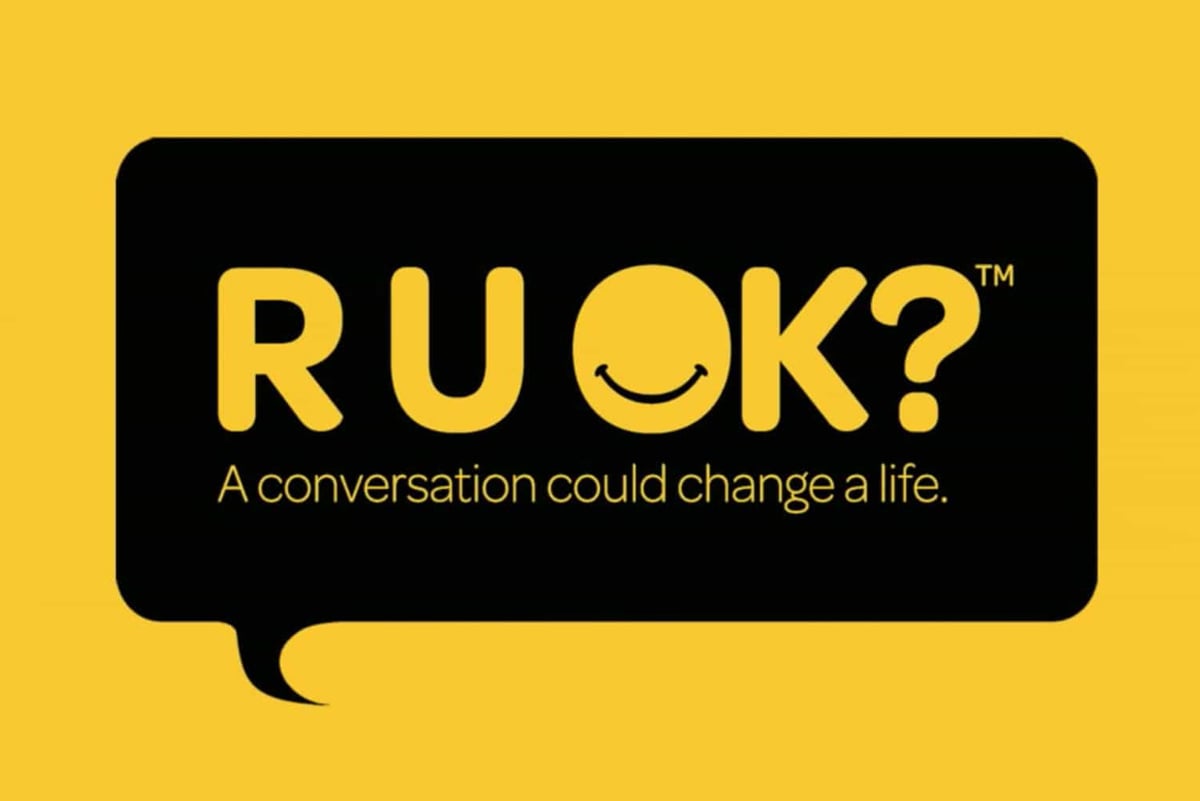Next Thursday the 10th of September 2015 is R U OK? Day. It is an event that encourages everyone to ask someone the question ‘are you okay?’ to raise awareness about mental health in Australia and to contribute to suicide prevention. The event coincides with World Suicide Prevention Day 2015.
Schools are encouraged to host events on R U Ok? Day to inspire students to ask each other about the issues that really matter and be there for one another. School resources for R U Ok? Day can be found here.
The facts
Depression is the leading cause of disability worldwide. In Australia is it estimated that 45% of people experience a mental health condition in their lifetime and the prevalence of mental health conditions in those under the age of 25 is alarming.
According to statistics gathered by the Australian Bureau of Statistics (ABS) Survey of Mental Health and Wellbeing:
- 1 in 16 young Australians is currently experiencing depression (this is equivalent to 180,000 young people today);
- 1 in 6 young Australians is currently experiencing an anxiety condition (this is equivalent to 440,000 young people today); and
- 1 in 4 young Australians currently has a mental health condition (this is equivalent to 750,000 young people today).
To give you a better perspective, in a school with 1000 students, at any one time 62 are likely to be suffering from depression, 167 from an anxiety condition and 250 from some form of mental health condition. Imagine the reaction if 25% of your student population came to school with a broken leg. Undoubted this would make the front page of the news. Unfortunately as mental health is not usually “visible” it simply doesn’t get the same level of attention as physical injuries and disabilities.
Suicide is the biggest killer of young Australians and it accounts for the death of more young people than car accidents according the ABS Causes of Death statistics published last year.
Mental health in schools
Fortunately an increasing number of schools are taking a proactive approach to student mental health and wellbeing, and the Australian Curriculum also addresses mental health in a broad sense, covering issues such as self-esteem, body image, resilience and life-coping skills.
The recently published Mental Health of Children and Adolescents survey was the largest national survey to examine mental health issues for 4-17 year-olds. It found that schools play a major role in supporting young people with emotional and behavioural problems and are often where symptoms of mental disorders are first identified.
Impediments to effective mental health programs in schools
Time, resources and a school’s attitude towards mental health can create obstacles for schools in achieving an effective mental health program for their staff and students.
In May this year, beyondblue enlisted independent social research agency TNS Social Research to survey 600 Australian teachers and principals on their approach to mental health awareness in schools. The survey revealed that:
- 100% considered mental health to be as important as academic achievement;
- 50% said that the demands of teaching meant that they didn’t have time to attend to the mental health needs of their students;
- 1 in 5 said that they were not confident handling the mental health issues of their students;
- 22% did not believe it was their responsibility to address mental health of students; and
- 1 in 3 agreed it was easy to find training tools that help staff address their students’ mental health.
These statistics provide an alarming and illuminating insight into how mental health needs are being met in schools.
What can schools do?
As a result of these statistical findings, a redesigned MindMatters program has been launched to provide secondary school staff with online resources and personal support to help improve the mental health and wellbeing of students.
Schools can implement preventative programs such as MindMatters to promote emotional self-awareness, impulse control, conflict resolution and resilience.
MindMatters is currently being taught in over 500 Australian secondary schools, with reported success.
Active participation in national mental health days such as R U Ok? Day are effective ways for schools to get their staff and students thinking and talking about mental health. Organisers of the event suggest that schools:
- host an R U Ok? breakfast or morning tea to provide an event for staff and students to ask R U Ok?;
- encourage everyone to wear yellow and orange on the day; and
- create ‘Conversation Corners’ by flagging certain areas with yellow and black balloons as a visible reminder of the importance to talk to one another.
Exercise Your Mood Month
The entire month of September this year is Exercise Your Mood Month. This is a national campaign initiated by the Black Dog Institute to increase community awareness of the importance of regular exercise for maintaining good mental health. Schools are encouraged to help students improve their mood through exercise by organising group activities such as a pedometer challenge and gaining sponsors to raise money for the Institute.
Services such as Lifeline can be contacted confidentially on 13 11 14, and the Kids helpline can be contacted on 1800 55 1800.


